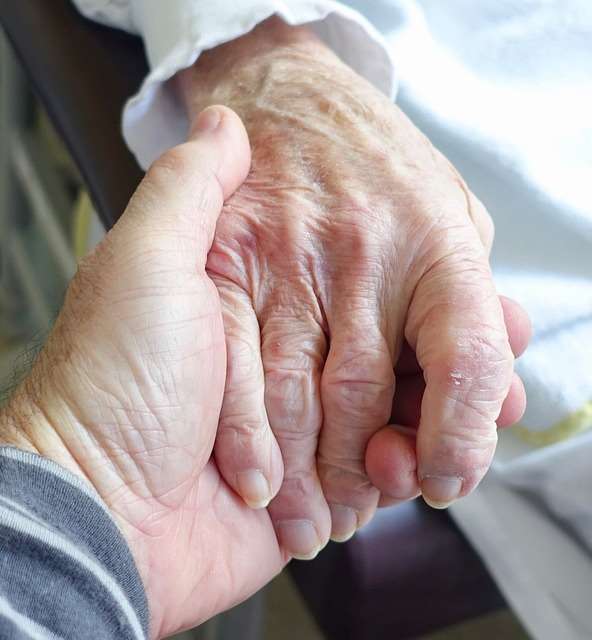A Balancing Act
There are times when you should do everything you possibly can for someone you’ve never met, who nevertheless needs your help. Sometimes people literally have no one, and if you don’t show them some emotional support, they won’t get any.
In most situations, though, that’s not the case, and you need to show support without being too intense. Don’t feel bad if that sounds a bit like a tall order. Especially in the modern world, even if you’ve got decent social skills, there are a lot of people today who might not. Technology and uncertainty have turned people into a cocktail of confusion.
You’re threading a bit of a needle. Well, this writing is here to help. The following link has some pointers on expressing condolence to a stranger, and they might help you flavor how you help someone through grief. Following we’ll explore a few additional points to assist you in being a help to someone who needs a p at on the back and a kind word.
When sadness comes, that which prompts such confusion is dialed up to “eleven”, as the saying goes. The end result is, you might try to cheer someone up and come across the wrong way. You might try to emotionally relate to them and be seen as having an ulterior motive. Expressing condolences, especially to strangers, is challenging.
1. Your Condolence Should Match the Loss: Don’t Do Too Little
First, you don’t want to do too little. Say a coworker you haven’t met before lost a spouse. It would be a really bad idea to say something like, “Hey guy, feel better soon!”, then pat them on the back and walk off.
That sort of thing will come across as an insult. Put yourself in that scenario, and imagine someone giving a bare-bones acknowledgement at your grief for losing the love of your life. Instead, what would make more sense is expressing your empathy and letting them talk about it for a minute.
That can be a bit uncomfortable, but it’s the way to go. However, there are situations where that’s also not very feasible. It may be best not to have any interaction with such persons at all. You might end up accidentally spooling them up. Tragedy puts strong emotion right under the skin.
So as an alternative to such a conversation, sometimes you’ll want to leave a gift
2. Don’t Go Over the Top Unless That’s Appropriate
Going over the top is a bad idea if the event is a minor one, or if you’re totally unknown to the person who is grieving. If someone loses a loved one and you’re crying more than they are, that’s going to be “cringe”, as the young people say these days. You don’t want to do that.
Don’t suppose such cringe is without the bounds of possibility, either. You’ve likely seen certain individuals engage in just this sort of chicanery. Someone dies who they barely know, and suddenly they’re bawling so much people start to comfort them. Some people want attention, and they might use others’ grief to attain it.
You don’t want to be seen that way at all. So remember, again, anonymity can be appropriate for comforting a stranger, or a near-stranger. A big bouquet might be appropriate, but if you hardly know the person, this can also be going over the top. It is, again, a balancing act. You might just leave a card. Discretion is key.
3. Don’t Make it About You, Whatever You Do
Whether the loss of a stranger is massive, or it’s minor, you don’t want to make your sympathy about you, and that can be hard to do for some people. Be self-conscious. Think something along the lines of: “If I were in the position of this grieving person, would the thing I’m about to do make me feel better, or worse?”. That’s basic empathy.

Helping Those in Pain
Put yourself in the shoes of someone who is experiencing a loss. This will help you avoid incidentally making your expression of empathy about you. Next, you don’t want to show too much sympathy, or too little. You’re going to have to show some discretion here and consider the actual situation of the person you’re trying to help.
A lost car or a vandalized home is less of an issue than a lost loved one or a divorce. So think critically, and try to do what you would appreciate if you were in the same situation.
